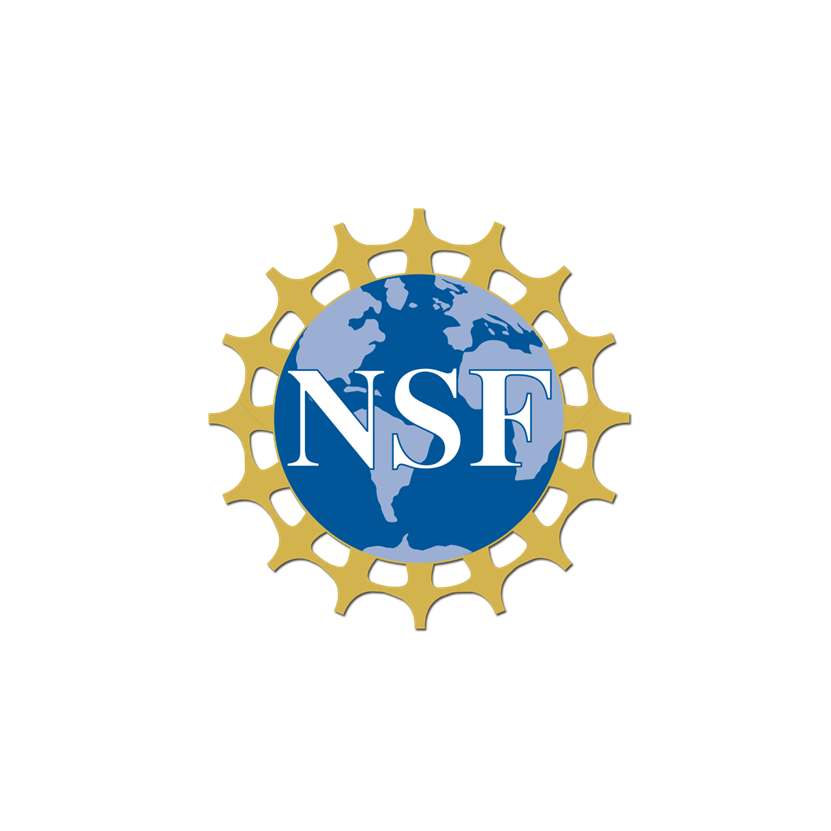Hilliard, OH 07/17/2017 – TeraProbes, Inc. has been awarded a National Science Foundation (NSF) Small Business Innovation Research (SBIR) grant for $225,000 to conduct research and development (R&D) work on automated and non-invasive testing of high frequency integrated circuits.
TeraProbes, Inc.’s innovative solution will transform current electronics chip testing industry and open up new research areas and directions that will have an immediate benefit to the entire semiconductor industry, thus broadly impacting all areas of our “information-driven” society.
“The National Science Foundation supports small businesses with the most innovative, cutting-edge ideas that have the potential to become great commercial successes and make huge societal impacts,” said Barry Johnson, Director of the NSF’s Division of Industrial Innovation and Partnerships. “We hope that this seed funding will spark solutions to some of the most important challenges of our time across all areas of science and technology.”
Once a small business is awarded a Phase I SBIR/STTR grant (up to $225,000), it becomes eligible to apply for a Phase II grant (up to $750,000). Small businesses with Phase II grants are eligible to receive up to $500,000 in additional matching funds with qualifying third-party investment or sales.
“We are excited to work with TeraProbes, Inc. on the development and commercialization of this novel technology and feel it could significantly disrupt the current method of testing and characterization of integrated circuits.”, said Eric Wagner, Collaboration Manager at the Center for Design and Manufacturing Excellence (CDME).
NSF accepts Phase I proposals from small businesses twice annually in June and December. Small businesses with innovative science and technology solutions, and commercial potential are encouraged to apply. All proposals submitted to the NSF SBIR/STTR program undergo a rigorous merit-based review process.
To learn more about the NSF SBIR/STTR program, visit: www.nsf.gov/SBIR.
About the Ohio State University Center for Design and Manufacturing Excellence: CDME is a manufacturing, engineering, and commercialization center at the Ohio State University which is led by former business leaders and entrepreneurs. With a dedicated staff of product engineers and participation by research faculty, CDME is able to move at the speed of industry while continuing to innovate. CDME is housed in a 40,000 sq. foot (and expanding) facility and has all of the equipment needed to create design to manufacturing prototypes for Ohio State’s industry partners and internal research staff. The center also houses a comprehensive student experiential learning program ensuring the next generation of product engineers leave the university with real world experience.
About the National Science Foundation’s Small Business Programs: The National Science Foundation (NSF) awards nearly $190 million annually to startups and small businesses through the Small Business Innovation Research (SBIR)/Small Business Technology Transfer (STTR) program, transforming scientific discovery into products and services with commercial and societal impact. The non-dilutive grants support research and development (R&D) across almost all areas of science and technology helping companies de-risk technology for commercial success. The NSF is an independent federal agency with a budget of about $7 billion that supports fundamental research and education across all fields of science and engineering.

